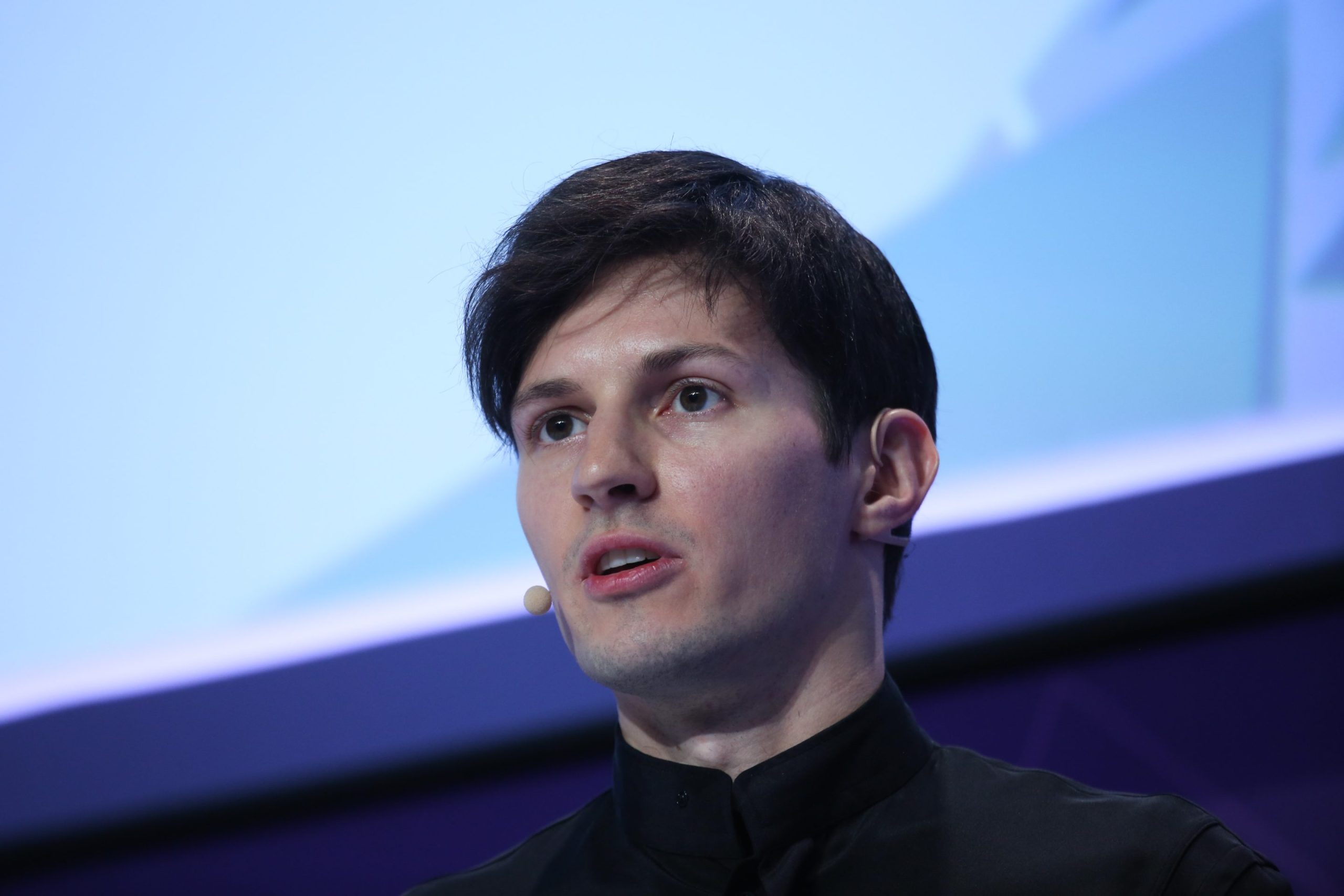
Introduction
Pavel Durov, the enigmatic founder and CEO of Telegram, has recently been thrust into the spotlight for reasons beyond his tech innovations. His arrest in France on charges related to the alleged misuse of Telegram has sparked a heated global debate. The implications of this event extend far beyond the fate of a single individual, touching on critical issues of privacy, technology, and the balance between innovation and regulation.
Background on Pavel Durov and Telegram
Pavel Durov, often referred to as the “Mark Zuckerberg of Russia,” first gained prominence with his creation of VKontakte, Russia’s largest social network. In 2013, after a fallout with the Russian government, Durov left VKontakte and went on to create Telegram, a messaging app that quickly became known for its strong encryption and commitment to user privacy. Telegram has since grown into a global platform with over 700 million active users, favored by everyone from political activists to everyday users concerned about their digital privacy.
Durov’s steadfast commitment to privacy has made Telegram both a beloved tool and a controversial platform. While its encryption features protect users from surveillance, they have also attracted criticism for providing a safe haven for criminal activities. Despite these controversies, Durov has maintained that privacy is a fundamental human right, and this belief has driven Telegram’s policies since its inception.
Details of the Arrest
On August 25, 2024, Durov was arrested by French authorities upon landing in Paris. The arrest was ordered by OFMIN, a French government agency focused on preventing violence against minors. Durov faced several charges, including allegations that Telegram had been used to facilitate criminal activities such as drug trafficking, cyberbullying, and even terrorism. After being held for interrogation for four days, Durov was released on €5 million bail but was prohibited from leaving France, pending further legal proceedings.
The arrest sent shockwaves through the tech community, not only because of Durov’s high-profile status but also due to the broader implications it carried for tech leaders worldwide. The arrest highlighted the growing tension between governments seeking to regulate digital platforms and the tech companies that operate them.
Durov’s Response
In his first public statement following the arrest, Durov criticized the French government’s actions, describing the arrest as a “misguided approach.” He argued that holding tech innovators personally responsible for the misuse of their platforms could stifle innovation and deter future advancements in technology. Durov also defended Telegram’s efforts to combat illegal activities on the platform, highlighting that the company removes millions of harmful posts and channels daily.
Durov’s response resonated with many in the tech industry, who view his arrest as part of a broader trend of governments exerting increasing pressure on digital platforms. His criticism underscored the challenges that tech companies face in balancing the protection of user privacy with the need to comply with legal requirements.
Global Implications
Durov’s arrest has far-reaching implications for the global tech industry. Some speculate that Western powers may be using the arrest as a way to exert control over Telegram, a platform that has often been seen as a thorn in the side of governments due to its strong encryption and commitment to privacy. This incident raises important questions about the future of digital privacy and the role of governments in regulating online platforms.
The case also highlights the ongoing debate over the responsibilities of tech companies in preventing criminal activities on their platforms. While some argue that companies like Telegram should do more to combat illegal activities, others believe that holding tech leaders personally accountable sets a dangerous precedent.
Controversies and Public Reactions
The public and media reactions to Durov’s arrest have been mixed. Privacy advocates and tech industry leaders have largely rallied behind Durov, viewing the arrest as an overreach by the French government. They argue that Durov’s commitment to privacy is a vital counterbalance to increasing government surveillance.
On the other hand, some critics have supported the French authorities, arguing that tech companies must be held accountable for the ways in which their platforms are used. The debate has sparked discussions about the ethical responsibilities of tech companies and the potential consequences of failing to address the misuse of digital platforms.
Legal and Ethical Considerations
From a legal perspective, Durov’s arrest raises complex questions about the accountability of tech leaders. While it is clear that governments have a responsibility to prevent criminal activities, the question of whether tech CEOs should be held personally responsible for the actions of their users remains contentious. Ethically, the case touches on the broader issue of how to balance the protection of individual privacy with the need to ensure public safety.
The outcome of Durov’s case could set an important precedent for how governments interact with tech companies in the future. If Durov is held accountable for the actions of Telegram’s users, it could lead to increased scrutiny of other tech platforms and their leaders.
What’s Next for Durov and Telegram?
As Durov navigates these legal challenges, the future of both Telegram and its founder remains uncertain. The case could have significant implications for Telegram’s operations, particularly if Durov is forced to step down or if the platform faces increased regulatory scrutiny.
For Durov, the arrest represents a critical moment in his career, and how he responds could shape his legacy as a tech leader. The situation also serves as a reminder of the ongoing tensions between innovation and regulation in the tech industry, and how these tensions will continue to play out in the years to come.
Conclusion
Pavel Durov’s arrest marks a significant moment in the ongoing debate over digital privacy, regulation, and the responsibilities of tech leaders. As the case unfolds, it will be crucial to monitor how it impacts not only Durov and Telegram but also the broader tech industry. The outcome could have lasting implications for the balance between privacy and regulation in the digital age, and for how governments and tech companies interact in the future.
Call to Action
What are your thoughts on Pavel Durov’s arrest? Do you believe governments are overreaching in their attempts to regulate digital platforms, or do tech companies need to do more to prevent the misuse of their services? Share your opinions in the comments below and stay tuned for updates on this developing story.







